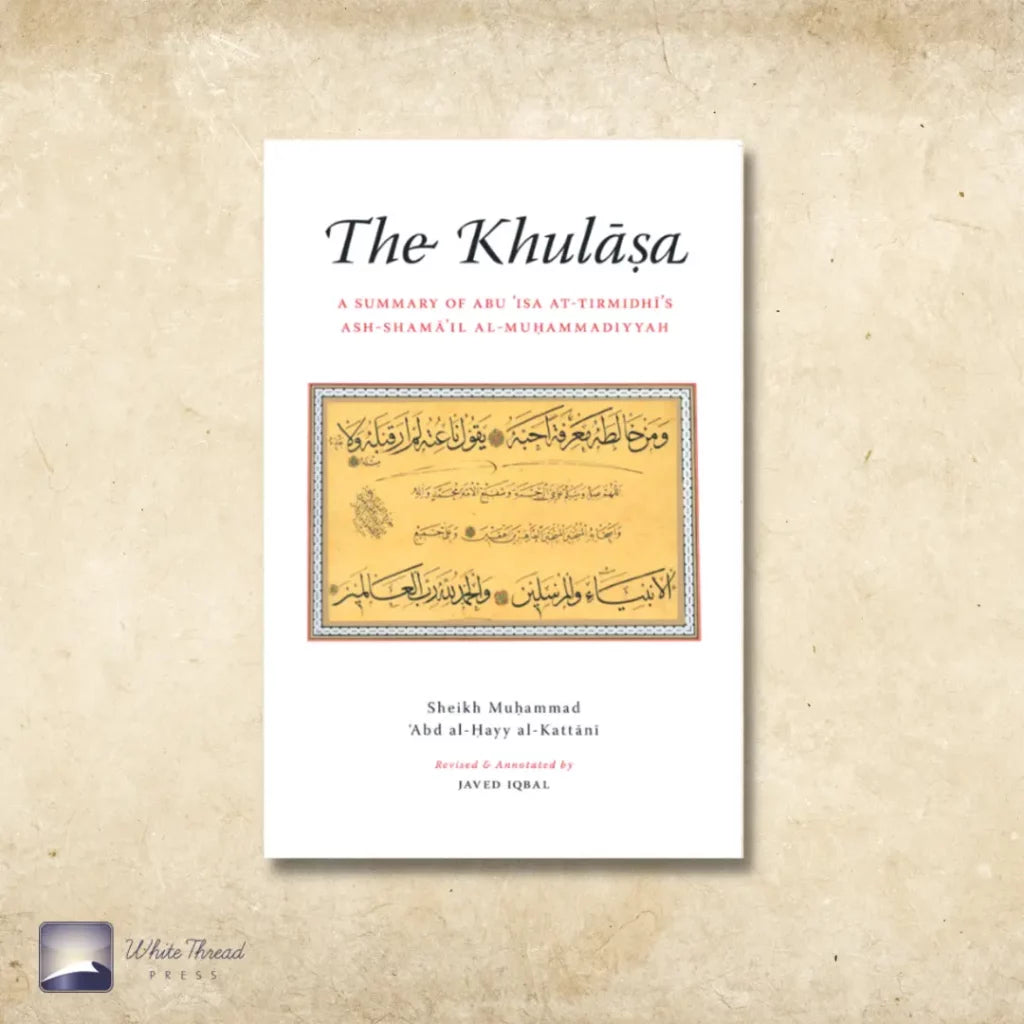Detailed Description
This concise work is a summary of Imam Abu Isa al-Tirmidhi's Ash-Shamail al-Muhammadiyya, a widely-acclaimed work which details different aspects of the character and lifestyle of Allah's Messenger (May Allah bless him and grant him peace). Based primarily on the Moroccan scholar Sheikh Muhammad Abd Hayy al-Kattani's summary entitled Munyat al-Saa'il, this book beautifully captures the essence of each chapter of the Shamail, allowing readers to draw ever closer to Allahs Messenger (May Allah bless him and grant him peace) and study his salient features, as though they are directly observing his blessed personage.
In an era where Muslims are being detached from Allahs Messenger (May Allah bless him and grant him peace), the lifeline of a person's belief, it is hoped this summary will help rekindle the flame of love for him and inspire readers to emulate his blessed example.
Imam Abu Isa Muhammad ibn Isa ibn Sawra al-Tirmidhi was born in 210 ah in Termez, Uzbekistan. He travelled far and wide in his pursuit of the prophetic hadiths, and narrated from Imams al-Bukhari, Muslim, Abu Dawud, Qutayba ibn Sa'id and Muhammad ibn Bas-shar among many others. He was renowned for his piety, abstinence and remarkable memory. Among his famous works are Ash-Shama'il al-Muhammadiyya and Al-Jami' al-Kabir, commonly known as Sunan al-Tirmidhi. Imam Abu Isa al-Tirmidhi passed away in 297 AH. Sheikh Muhammad Abd al-Hayy al-Kattani was born in 1302 AH in Fez, Morocco. He received his early education by his illustrious father, Sheikh Abd al-Kabir al-Kattani, and his brother, Sheikh Muhammad ibn Abd al-Kabir, before moving on to study under great scholars at the renowned institute of Kairouan. He travelled across Morocco and beyond to Egypt, Syria and the Holy Lands, where he benefited from the knowledge of many scholars. Towards the end of his life, Sheikh Muhammad Abd al-Hayy experienced a number of difficulties from the authorities in Morocco, forcing him to emigrate to Nice, France, where he passed away in 1382 AH.


